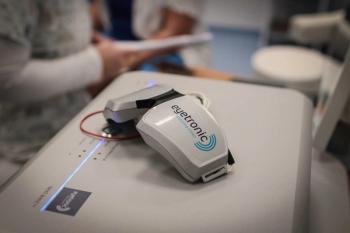
Eyetronic is a noninvasive treatment for glaucoma that provides external neural stimulation to the optic nerve of patients.

Eyetronic is a noninvasive treatment for glaucoma that provides external neural stimulation to the optic nerve of patients.

OpenAI's ChatGPT-4o enhances ophthalmological image generation, producing realistic retinal photographs while highlighting the need for further research in training datasets.

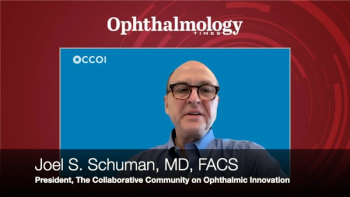
President Joel S. Schuman, MD, highlights the group’s mission and vision for the future—uniting 17 working groups and over 80 stakeholders.

These updates support Ocugen in its efforts to pursue its goal of 3 biologics license applications (BLA) in the next 3 years.
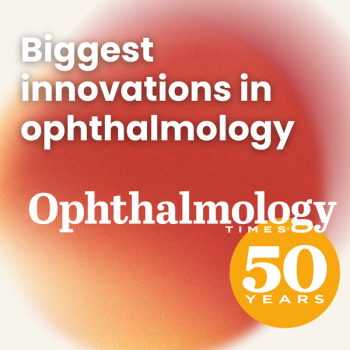
To mark Ophthalmology Times' 50th anniversary, we invited top experts to reflect on the most significant innovations in ophthalmology over the past five decades.

The primary end point of the trial was complete resolution of debris after 6 weeks of twice-daily dosing.

Funding will be specifically used to accelerate the clinical development of urcosimod (formerly called OK-101).

The law will work to remove outdated restrictions on medications and allow some in-office procedures and will take effect in August.

Pinguecula is a benign, common degeneration of the conjunctiva that appears as a grey-white-yellow mass on the bulbar conjunctiva.
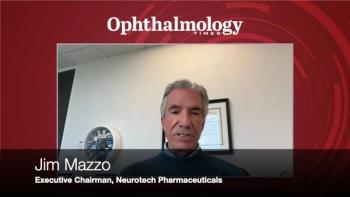
Jim Mazzo is among the presenters who will highlight the need to break silos and accelerate eye health solutions at the Collaborative Community on Ophthalmic Innovation (CCOI) meeting at Stanford University on July 23, 2025.

Under the terms of the agreement, Kowa receives exclusive rights to develop and commercialize NCX 470 in the US and all other territories of the world excluding Japan, China, Korea, and Southeast Asia.

Loteprednol etabonate ophthalmic suspension, 0.5% is bioequivalent to lotemax ophthalmic suspension, 0.5%, of Bausch & Lomb.
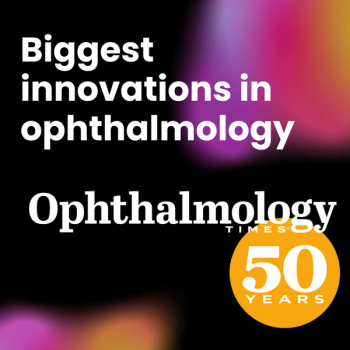
To mark Ophthalmology Times' 50th anniversary, we invited top experts to reflect on the most significant innovations in ophthalmology over the past five decades.

Urcosimod is a lipid conjugated chemerin peptide agonist of the ChemR23 G-protein coupled receptor.

Authors noted it may be worthwhile to explore whether oral methylphenidate affects myopia by influencing dopamine levels
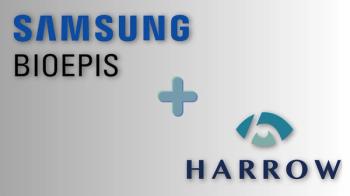
Included in the agreement are ranibizumab-nuna 0.05 mL injection (BYOOVIZ), referencing LUCENTIS (ranibizumab), and aflibercept-yszy 0.05 mL injection (OPUVIZ), referencing EYLEA (aflibercept).

AAVB-039 advances gene therapy for Stargardt disease, aiming for innovative treatments for inherited retinal disorders.

A Prescription Drug User Fee Act (PDUFA) target action date of December 16, 2025, was assigned by the FDA.

SAR446597 is a one-time intravitreal gene therapy treatment for the treatment of geographic atrophy

A Chinese study reveals that secondhand smoke exposure significantly increases the risk of early-onset myopia in children
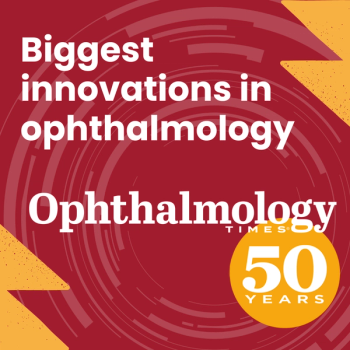
To mark Ophthalmology Times' 50th anniversary, we invited top experts to reflect on the most significant innovations in ophthalmology over the past five decades.

KAIST researchers unveil a new microbial strain for efficient, eco-friendly lutein production.

The tool is designed to help with the application of mono-dose, dry eye eyedrop vials more easily and accurately.
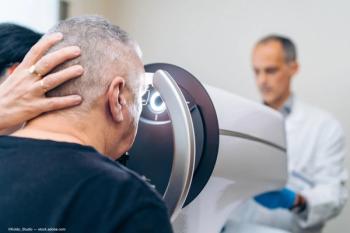
Alcon’s Voyager is a fully automated, noncontact treatment approach that delivers 120 laser pulses through the limbus of the trabecular meshwork.

MCO-010 is a gene-agnostic therapy for retinitis pigmentosa.

New tariffs threaten the optical industry, prompting urgent reevaluation of sourcing strategies and pricing as deadlines approach.

Krystal Biotech initiates EMERALD-1 trial for KB801, a redosable eye drop gene therapy.
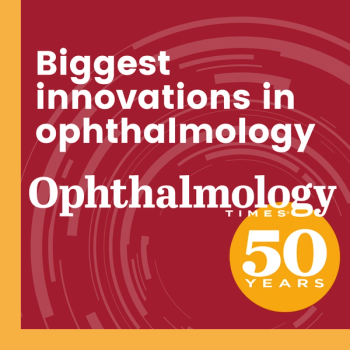
To mark Ophthalmology Times' 50th anniversary, we invited top experts to reflect on the most significant innovations in ophthalmology over the past five decades.

KALA Bio completes enrollment in CHASE trial, advancing KPI-012 for treating persistent corneal epithelial defects. Topline results are expected by the end of Q3 2025.